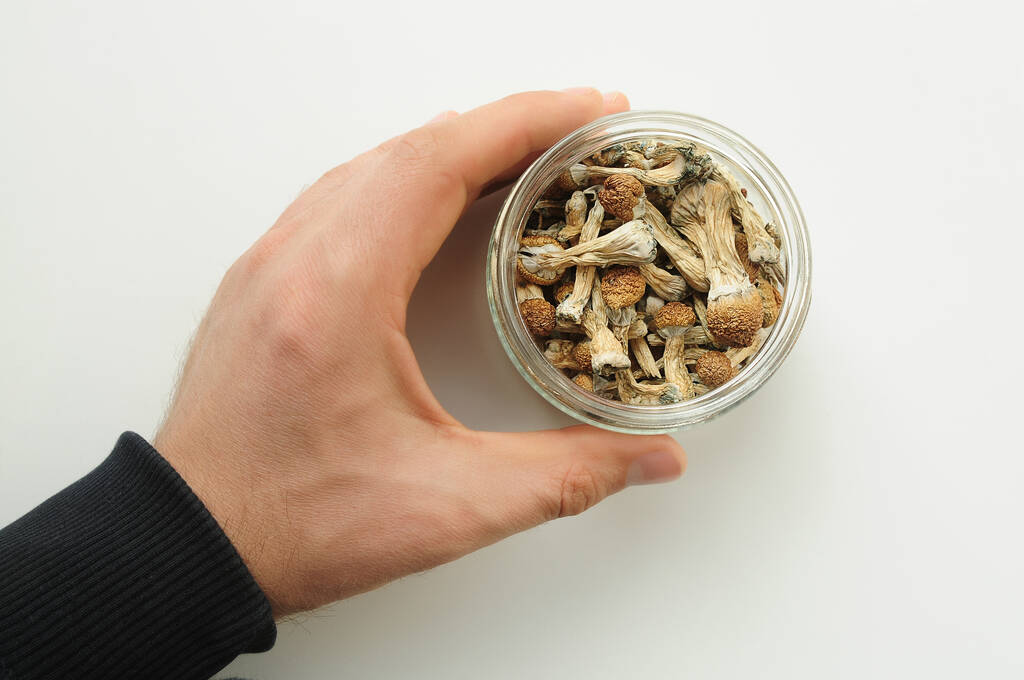A randomized clinical trial conducted by researchers from the University of Washington, Fred Hutchinson Cancer Center, and the Yale School of Medicine has found that psilocybin therapy significantly reduces symptoms of depression in clinicians who developed moderate to severe symptoms while providing frontline care during the COVID-19 pandemic.

The aim of the study was to “investigate whether psilocybin therapy could improve symptoms of depression, burnout, and PTSD in US clinicians who developed these symptoms from frontline clinical work during the pandemic.”
The double-blind trial included 30 participants, all physicians, advanced practice practitioners, or nurses, who had no prior mental health diagnoses but experienced burnout, depression, or PTSD due to their work during the pandemic. Participants were randomly assigned to receive either psilocybin or niacin. The psilocybin group showed a substantial reduction in symptoms of depression, with their Montgomery-Asberg Depression Rating Scale (MADRS) scores improving by an average of 21.33 points compared to 9.33 points in the niacin group (P < .001).
The study also examined burnout and PTSD symptoms using the Stanford Professional Fulfillment Index and PTSD Checklist for DSM-5, respectively. While improvements in burnout and PTSD symptoms were observed in the psilocybin group, these results were found to be minor.
The findings suggest that psilocybin therapy could represent a new treatment paradigm for addressing postpandemic mental health challenges among clinicians. Further research may help establish its broader application for similar conditions.






